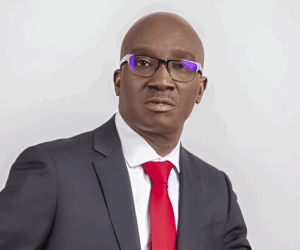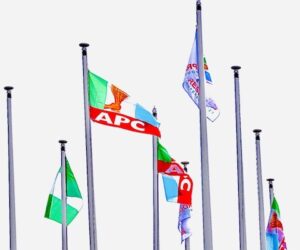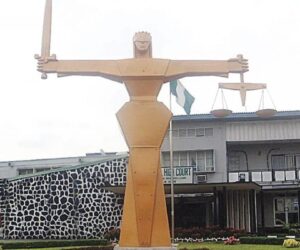A civic technology non-profit organisation, Legis360 Centre for Advocacy, Development and Public Enlightenment Initiatives, has unveiled a platform designed to bridge the gap between citizens and their representatives in Nigeria’s National Assembly.
Samuel Folorunsho, co-founder of Legis360, during an interactive session with PREMIUM TIMES on Friday, stated that the innovation was built to close the persistent communication gap between elected officials and their constituents by leveraging on open data digital tools and evidence-based advocacy.
How citizens connect with lawmakers though the platform
Legis360 allows users to send messages to lawmakers. Citizens can write directly to their representatives through a dedicated “Send Message” feature.
The messages would be routed to legislators’ aides, who collate and present them to their principals.
The platform also provides notifications when messages are read and when replies are received, creating a chat-like communication system.
Other features of the platform
Beyond messages, the platform makes it possible to monitor the progress of bills from first reading to final passage, including public hearings.
Citizens can also generate petitions on pressing issues on the platform, which are automatically forwarded to the email of the designated legislator.
Mr Folorunsho told PREMIUM TIMES that over 2,148 bills have already been digitised from physical archives. Legis360 uses AI-powered tools to analyse, summarise, and assess these bills with legal implications and potential impacts based on historical records and constitutional provisions.
Preserving legislative history
Mr Folorunsho explained that Legis360 also serves as an archive of Nigeria’s legislative history, covering not only serving lawmakers but also former members of parliament. This, he said, provides invaluable context for researchers, journalists, and civic groups interested in tracking legislative trends and performance over time.
For years, one of the biggest challenges of Nigeria’s democracy has been the communication gap between citizens and their elected lawmakers. While legislators make laws and decisions that directly affect the lives of millions, ordinary Nigerians have often struggled to reach them or even access timely information on legislative activities.
Most interactions between citizens and members of the National Assembly are limited to election periods, with little or no structured feedback channel afterward. Attempts to follow up on bills, petitions, or constituency concerns are usually slowed down by bureaucracy, poor record-keeping, or lack of open communication platforms.
Several initiatives have been introduced in the past to bridge this communication gap. From the creation of constituency offices in the early 2000s, to later attempts such as town hall meetings, public hearings, and even dedicated telephone numbers, most of these efforts failed to achieve their intended impact.
ALSO READ: Nigerian govt. to seek citizens’ input in review of pay for president, lawmakers, others
Constituency offices often lacked funding or are poorly managed, while town hall meetings became irregular and sometimes inaccessible to ordinary citizens. Similarly, public hearings, though open, were frequently dominated by organised interest groups rather than everyday Nigerians.
The arrival of social media platforms initially offered hope for closer interaction. However, many legislators either rarely engaged meaningfully online or limited their use of such platforms to political campaigns.
This inconsistency only deepened the perception that lawmakers were distant from the realities of the citizens they represent. As a result, the gap between citizens and the National Assembly has persisted.










